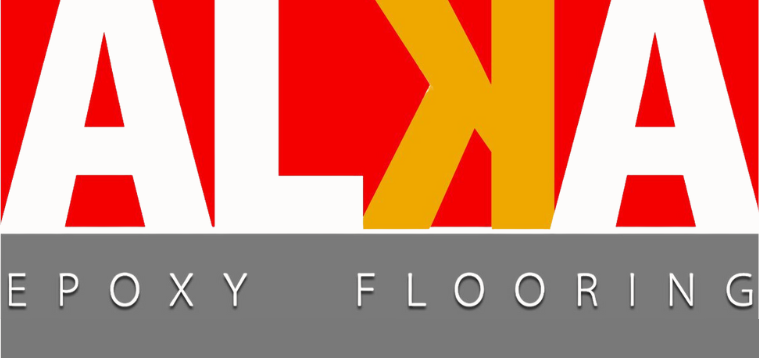
Having an epoxy floor coating is a great way to add beauty to your home or business. It can protect your floors from a number of things, including UV rays, moisture, and traffic. This type of floor can be used for industrial, commercial, and residential environments.
Preparation of the surface
Among the numerous floor covering options available, epoxy flooring is a popular choice in Australia. It can be used in a wide variety of environments including commercial kitchens, industrial workshops and warehouse floors. It is easy to install, durable and user safe. But it’s not without its challenges.
Properly preparing the surface for epoxy floor coating can take a bit of work. You’ll need to clean, degrease and test the concrete slab to ensure it’s free from contaminants. You’ll also need to use special cleaning solutions and safety equipment.
You’ll need to read up on the various techniques for achieving a smooth surface. If you’re using diamond grinding, you’ll need to select the right diamonds.
The sanding and buffing process should be properly executed. It’s best to hire an experienced professional. This will reduce the risk of a shoddy job.
The epoxy industry has a lot to offer, but surface preparation is a crucial part of any flooring project. The right type of prep work can mean the difference between a successful coating and a failure.
Self-levelling (SL) epoxy flooring
Using self levelling (SL) epoxy flooring is a great way to get a smooth, hygienic finish on your floors. The benefits include a seamless finish, easy cleaning and durability. If you need to install new flooring in your commercial or industrial facility, consider using self levelling epoxy.
Self levelling (SL) epoxy flooring is able to fill cracks in your concrete floor and create a uniform, seamless layer. This provides a safe surface for your workers and customers to walk on, especially if they are walking in wet areas. The coating also helps to maintain the quality of your floor in high activity areas.
There are several different types of self levelling (SL) epoxy flooring available. They vary in application and appearance.
Sauereisen Self-Leveling Epoxy 201SL is a general purpose grade that is suitable for a wide range of industrial facilities. This epoxy can be used with a variety of substrates and is recommended for moderate chemical exposure.
Antistatic epoxy flooring
Often referred to as conductive or dissipative flooring, antistatic epoxy flooring is used for many different purposes. Most notably, it is used in high traffic areas such as operating rooms, test labs, and manufacturing environments. Regardless of the application, it can help protect employees and equipment from harm.
Antistatic flooring is designed to prevent the accumulation of static electricity. This can lead to a number of problems, including sparks and explosions.
There are several types of flooring, but epoxy is the most durable. It can withstand wear and tear, and has a lifespan of up to 20 years. In addition, it can also protect against chemical reactions and hot tire marks. In addition, it offers a slip-resistant surface, which is especially important in high-traffic areas.
For the best results, it is recommended that you work with a professional installer. They will use a hardener to allow the coating to dry. They can also formulate additional coats for added protection.
Suitable for industrial, commercial & residential environments
Whether you’re in London or another fast-developing city, a new typology of housing could help solve the housing crisis. The study explored the constraints of co-locating residential and light industry. The results showed that industrial land can be protected and provide vital local employment opportunities.
A commercial development includes multi-apartment buildings, office buildings, public warehouses, plant nurseries and shopping malls. It excludes heavy industrial. It also includes recreational facilities and hotel and apartment complexes. In addition, any development on private land that is not part of a public park or school is considered commercial. However, industrial applications may exhibit a greater temperature cycling. This can result in insulation and jacketing issues.
As a result, local councils are trying to protect industrial land. They are not only protecting the land from encroachment, but are also shielding it from nuisance complaints. A zoning resolution passed in 1961 divided industrial and residential areas, creating a separate zone that prevents new residences from being built in manufacturing districts.
